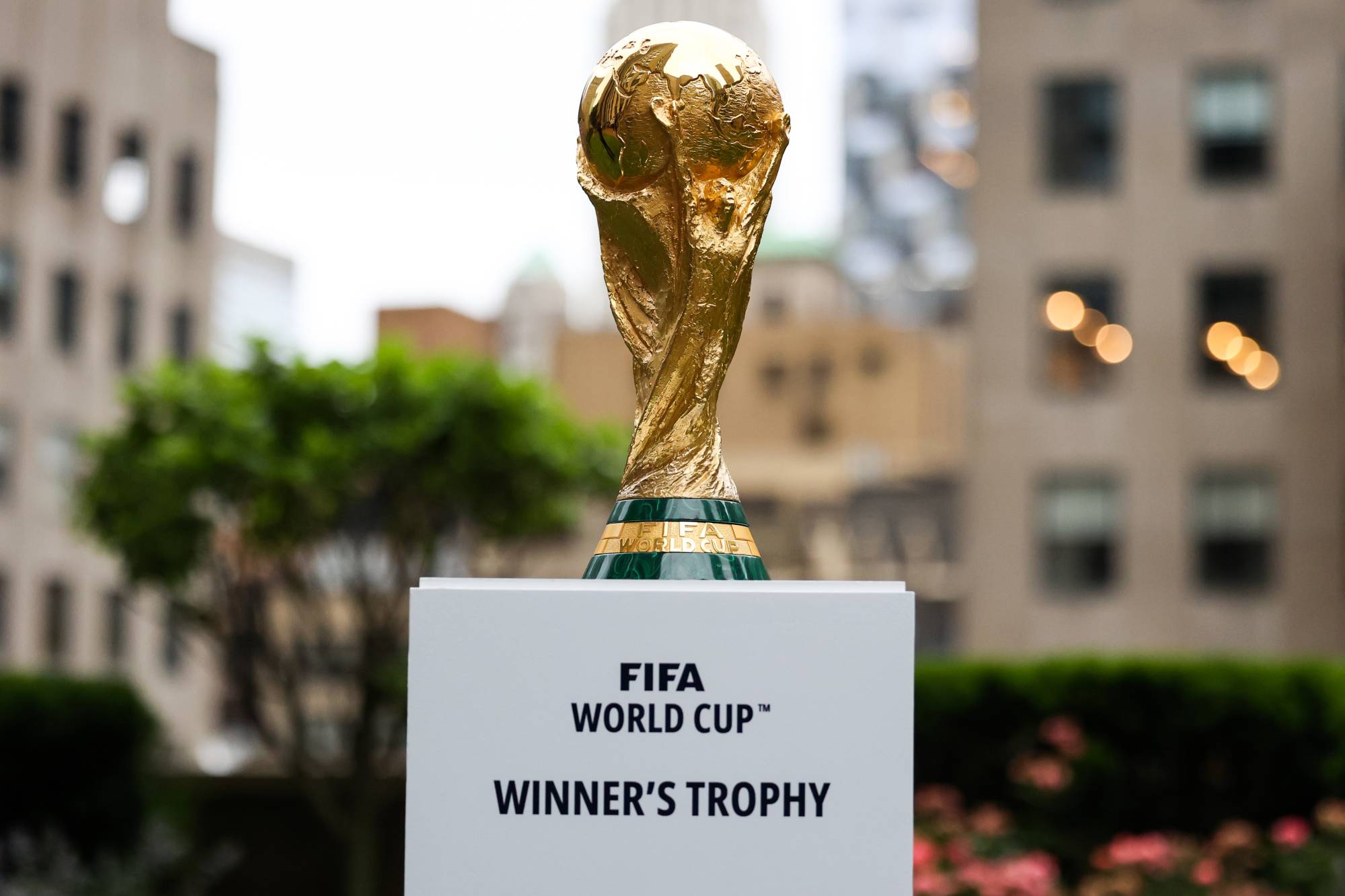The 2022 FIFA World Cup will kick off this weekend in the Qatari capital of Doha, bringing soccer’s marquee event to the Middle East for the first time following the most controversial buildup in its history.
Since the Gulf nation was declared host in December 2010 — a decision that later snowballed into a corruption investigation resulting in a number of high-ranking FIFA officials’ indictments and former President Sepp Blatter’s exile from the organization until 2028 — this edition of the tournament has generated far more headlines about what’s taken place off the pitch than what’s expected to take place on it.
The decision to hold the tournament in November and December — contravening the host’s own bid, which promised revolutionary technology making it safe for players and fans alike during the country’s notoriously hot summer — isn’t even the only scheduling controversy this World Cup has faced. The first four games were originally set to take place on Monday, only for Qatar’s Group A opener against Ecuador to be shifted one day earlier a full month after the fixture list was released.



